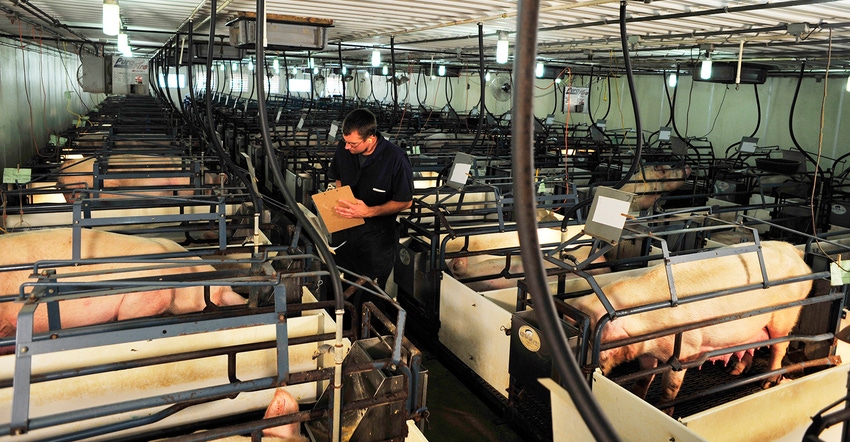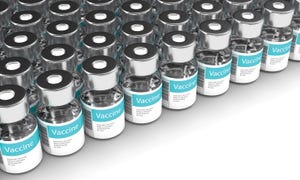Yeast-based vaccine shows promise in clinical PPV study
Technology, in which specific antigens are expressed by genetically modified yeast cells, was developed by the R&D team of serYmun.
March 1, 2023

serYmun Yeast GmbH, an animal health vaccine development company based in Germany, has announced a breakthrough in the development of their first pig vaccine candidate against porcine parvovirus. A controlled target animal study proved the protective immunization of pigs against porcine parvovirus.
After two intramuscular injections of serYmun's proprietary vaccine candidate, the group treated already showed high titers of serum neutralizing antibodies seven days after vaccination, and a second peak after booster immunization on day 21. In a positive control group, a recently launched commercial product of one of the leading animal health companies showed antibody titers at a comparable level. The negative control group did not show seroconversion.
The vaccinated animals did not show any adverse clinical effects, which indicates safety of the vaccine.
The yeast-based platform technology, in which specific antigens are expressed by genetically modified yeast cells, was developed by the R&D team of serYmun.
"I am extremely happy and proud that our team has been successful in developing this vaccine and its basic platform technology in only four years," says Wilhelm von Trott zu Solz, co- founder and CEO of serYmun Yeast GmbH. "This encourages us to start the registration process in order to launch our PPV and other vaccines. Based on our technology, our vaccines will benefit animals, farmers and veterinarians enormously. Our vaccine platform allows to develop safe and polyvalent vaccines in a record time and at comparably very low costs."
serYmun Yeast will be present at the Animal Health, Nutrition and Technology Innovation Conference in London, March 5-8, 2023.
PPV can cause reproductive failure in naïve dams. It is characterized by the occurrence of large numbers of mummified fetuses, an increase in the number of returns to estrus, small litters, failures to farrow, decreased farrowing rate, and rarely abortion. Prior to porcine reproductive and respiratory syndrome, PPV was probably the most commonly diagnosed infectious cause of reproductive failure in swine.
You May Also Like



